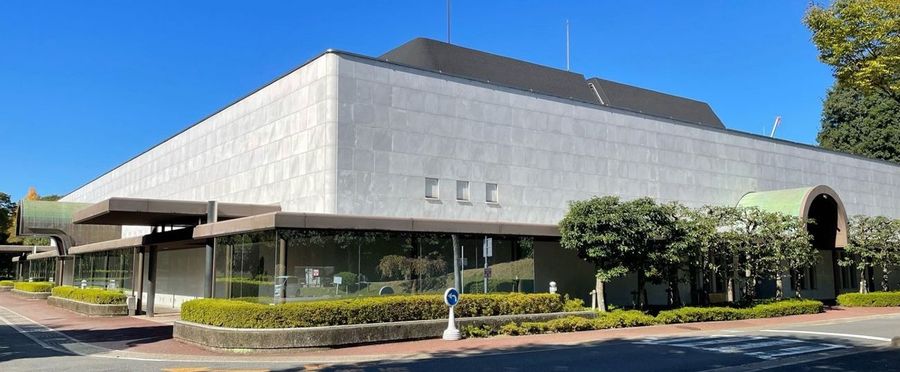In Japan, there's a rising trend of 'direct burials', where traditional funeral rites are skipped which has left many Buddhist monks feeling conflicted. Direct burials are typically quicker, less labor-intensive, and drastically more cost-efficient compared to traditional ceremonies. This change, although practical, is challenging societal norms and religious customs, posing an existential question to the role of monks who traditionally preside over these tasks.
In Japanese society, where respect for the dead and ancestors' spirits play significant roles, this changes in burial method have been met with mixed emotions. On one hand, these cost-effective, quicker burials are seen as a practical solution in a fast-paced society, particularly for families who may be financially constrained. On the other hand, adherence to traditions and passing these on to future generations is highly valued in Japan, and such changes can be seen as a disruption of these societal norms.
In western societies like the US, there has also been a shift towards more cost-effective, green burial practices such as cremation and direct burials. However, the religious implications aren't as significant due to the broader religious diversity. While it raises questions about changing society and cultural values, it is seen more as an individual choice rather than an challenge to social traditions.

